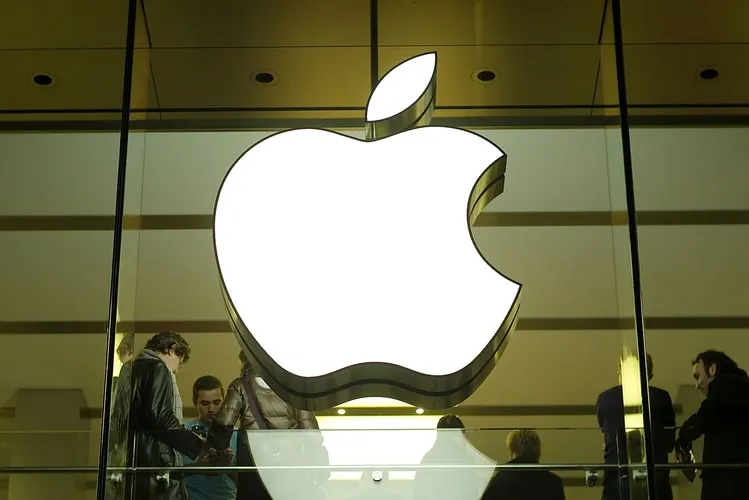In a significant development, two Chinese nationals, Haotian Sun, 33, and Pengfei Xue, 33, have been convicted of participating in a sophisticated scheme that defrauded Apple of millions of dollars’ worth of iPhones. The scam, which unfolded between May 2017 and September 2019, involved the duo and their co-conspirators sending over 5,000 counterfeit iPhones to Apple, claiming that they needed to be repaired. The company then exchanged these fake phones with real iPhones, ultimately losing an estimated $3 million.
According to the U.S. Attorney’s Office for the District of Columbia, Sun and Xue received shipments of inauthentic iPhones from Hong Kong at UPS mailboxes throughout the D.C. Metropolitan area. They then submitted the fake iPhones, with spoofed serial numbers and/or IMEI numbers, to Apple retail stores and Apple Authorized Service Providers. The duo used various aliases during the scheme before their arrest in December 2019.
The scam was orchestrated through a clever ruse, where the perpetrators claimed that the fake iPhones needed to be repaired due to technical issues. Apple, unaware of the deceit, provided replacement iPhones to the scammers, who then sold the genuine devices on the black market to make a profit. This scheme is not a novel tactic, as Apple has previously fallen victim to similar scams in recent years.
In October 2019, a Chinese student was jailed for three years after scamming Apple out of nearly $1 million. The crime was uncovered after customs officers opened a number of suspicious packages from Hong Kong and discovered that they contained counterfeit Apple handsets. Apple has since taken steps to improve its security measures to prevent such scams from occurring.

Apple Falls Victim to Sophisticated iPhone Scam Worth Millions
Sun and Xue were found guilty of conspiracy to commit mail fraud and mail fraud, and they will be sentenced in June. They face up to 20 years in prison for their involvement in the scheme. This conviction serves as a warning to would-be scammers that law enforcement is cracking down on this type of fraud.
The case highlights the growing issue of organized crime and technology-enabled fraud. As technology becomes increasingly sophisticated, so too do the methods used by scammers to deprive companies of their assets. Apple’s experience serves as a reminder that no company is immune to such schemes, and vigilance is necessary to detect and prevent such fraud.
The conviction of Sun and Xue is a significant achievement for law enforcement, particularly given the sophistication of the scam. The fact that Apple was defrauded out of millions of dollars highlights the significant financial losses that companies can suffer due to such schemes. The verdict also underscores the importance of international cooperation in combating organized crime and fraud.
The conviction of Sun and Xue serves as a warning to individuals and companies alike that fraud is a serious issue that requires immediate attention. Apple’s experience serves as a reminder of the importance of constant vigilance and robust security measures to prevent such scams from occurring. The investigation and subsequent conviction of the two scammers is a significant achievement that highlights the effectiveness of law enforcement efforts to combat fraud.








































